 Is It Okay For Newborn Kittens To Twitch In Their Sleep - newborn kittens
Is It Okay For Newborn Kittens To Twitch In Their Sleep - newborn kittensOur Other SitesDeactivated Death (Fading Kittens) August 20, 2018 The deaths of kitten are a cause of anguish for both the breeders and the owners, but the causes and prevention of deaths are similar if the situation is the environment of breeding, home or rescue/salenter. When cats are reproduced, it is inevitable that some kittens die, and a low level of loss must be expected. Usually pedigree cats have higher levels of cat death than non-pigríes. In a comprehensive study of pedigree cats, about 7% of kittens were still born (dead at birth), and another 9% died during the first eight weeks of life (most in the first 1-3 weeks). The proportion of live kittens at 8 weeks of age varies between races (about 75% to 95%) with the highest mortality among Persian kittens. Death before weaning Most of the deaths of kittens occur before birth (all kittens born) and during the first week of life. Once the first week passed, mortality rates drop dramatically. Most early deaths are due to non-infectious causes, while the mortality rate may increase slightly more after the weaning becomes more common. Most kittens are protected against many infectious diseases during the first weeks of the queen's life (mother immunity). Kittens that die between birth and weaning are often called "fashioned ducks". Neonatal kittens (new) may suddenly die, or "force" in a few days. Unfortunately, clinical signs of many of the diseases affecting newborn kittens are very similar and vague. While normal kittens tend to cuddle together and sleep happy among food, sick kittens tend to lie separately, they are generally more restless, unwilling to suck, and cry frequently (if still strong enough to do so). Neonatal kittens are vulnerable because the mechanisms that regulate temperature control are poorly developed, are at greater risk of dehydration and low blood sugar (hypoglycemia), and the immune system is immature. Therefore, regardless of the initial cause, these kittens can die quickly. Main causes of death before weaning Common property of 'Favourite Capits' Factors related to anger and queen A congenital anomaly is a physical defect present from birth. Such defects may be genetic (inherited) or simply developmental (e.g., exposure to teratogens – drugs, diseases or other conditions – that induce defects in the developing fetus). Common birth defects include: Serious defects often result in neonatal or childbirth deaths. Softer disorders can result in discolored kittens, or are only made evident later in life. Because endogment increases the risk of genetic disease, congenital disorders are most often observed in pedigree cats. Low birth weight Low-weight kittens are particularly susceptible to hypothermia, dehydration, respiratory insufficiency and infections, and have a significantly higher risk of neonatal death. Kittens can be born with low weight due to maternal malnutrition or disease, congenital diseases, infections or any condition that results in a poor supply of placental blood. The average birth weight for most breeds of cat and moggies is about 90-100g, but it is normal for some breeds to have smaller kittens (e.g. Orientals) and some to have larger kittens (e.g., Maine Coon). In general, newborn kittens weighing less than 75g are likely to have a higher risk of death. Inappropriate environment (temperature, humidity, hygiene, overcrowding, over-handling)Environmental factors can be important causes of kitten extinction. These include: Inappropriate nutrition It is vitally important to feed the queen a proper diet – the nutritional demands of a queen that produces milk for her kittens are extremely high and incorrect nutrition can affect the quality of the milk she produces. It is important that the queen be fed with a high quality commercial cat food designed to meet the demanding nutritional needs of breastfeeding. Insufficient milk production may be associated with:Insufficient intake of milk by the kitten may also result from: Supervising food intake and growth of kittens: If the supply or intake of milk is insufficient, additional food will be required. Neonatal isoerytrolysis (NI)In certain cats Neo-Babyte isoerytrolisis (NI) is a relatively common cause of blood. For more information see [blood groups and incompatibility]. Infections (virals, bacterial, parasitic) Normal kittens should suck for the first time within 2 hours of birth – they can absorb antibodies from the queen's milk during the first 16–24 hours of life and it is vital that they sweat well during this period both for good nutrition and to receive this critical immunity derived from the mother (MDI, or antibodies with maternal derivative – MDA) to protect them from infections. The MDA effect will usually begin to fade when kittens are three to four weeks old, but it varies among individuals and will depend on the amount of antibodies present and the amount absorbed. Natural immunity of kittens continues to develop as MDA wans, and since most vaccine regimes do not start up to about eight weeks of age, this can leave a period of time when kittens are particularly at risk of infectious diseases. Kittens that do not suckle will receive enough colostrum and therefore will not be protected by MDA and are particularly susceptible to infectious diseases at an early stage. Factors that can contribute to a higher risk of infectious diseases in kittens include: Respiratory and gastrointestinal infections are seen more frequently, and important infectious agents associated with shut-off kittens include: In kittens, bacterial infections are often seen secondary to viral infections (cat tap, FeLV, FIV, FPV, FIP), although primary infections can also be seen. Clinical signs depend on the site, nature and severity of the infection, but may include diarrhea, cough, respiratory difficulties, arthritis or dermatitis, as well as the less specific signs more typical of the kittens that fade. Ultimately, many of these infections result in septicemia (where blood flow is invaded by large amounts of bacteria) and death. Intestinal parasites (including rosemary and coccidia) may be a problem in which queens are not hooked, or where hygiene is inadequate. Heavy infestations of kittens can result in a poor body condition, soft or bloody nephews, inappropriateness, a paw appearance, weight loss and occasionally death. General approach to the research of gatite mortality The determination of the cause of the extinction of kittens can be very difficult, and many cases are multifactorial. Clinical signs are also generally not specific and the small size of kittens makes it difficult to collect samples. Generally, concern should be raised when pre-destined kitten losses exceed 20 per cent, post-waste losses exceed 10 per cent, the number of losses increases suddenly or a particular cause of death is most often observed. Careful records of all animals (including all kittens) should always be kept in a nursery, and all diseases and deaths should be taken into account. Research usually involves looking at all the ceramics. In many cases it is possible to improve some aspects of the environment, management and/or nutrition of kittens. A complete research will include the search:Thanks for visiting our website, we hope you have found our useful information. All our advice is freely accessible to all, wherever they are in the world. However, as charity, we need your support to allow us to continue to provide high-quality and up-to-date information for all. Please consider making a contribution, large or small, to keep our content free, accurate and relevant. Support International Cat Care of so little £3Thank you. Spread the wordJoin the iCatCare communitySign up for our monthly newsletter and free e-magazine Intelligent Cat Care About usLearn about cats Quick linksJoin the iCatCare communitySign up for our monthly newsletter and free e-magazine Intelligent Cat CareReg Charity 1117342 (England and Wales) Place Farm, Chilmark Road, Ti For more information, please see our . Click Yes, to help us continue making these improvements.
Kitten syndrome that fades is real. Not all live births will live Now there is a scientific explanation for kittens who are born alive, but do not live long. Dr. Eric Barchas says kitten syndrome is disappearing. It explains, an astonishing proportion of kittens succumbing to kitten syndrome that fades before reaching nine weeks of age. 15 percent to twenty-seven percent die before nine weeks of age even in well-managed wineries. Source: May 10, 2018. American Animal Hospital Association 12575 W. Bayaud Ave., Lakewood, CO 80228
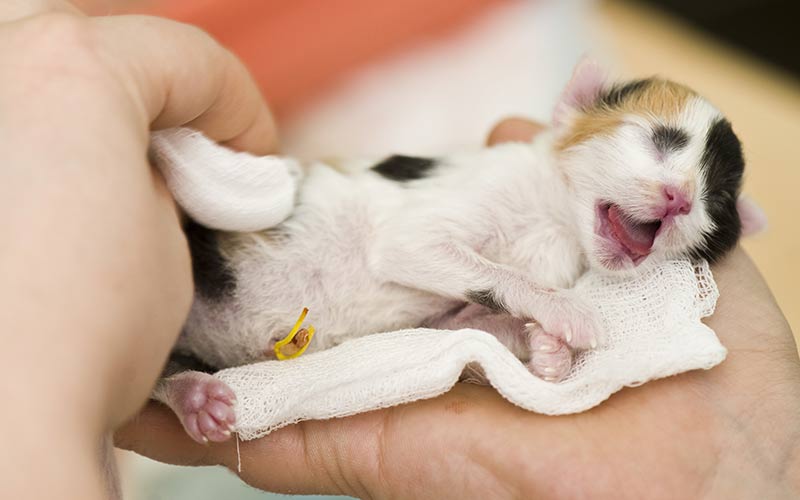
Newborn Kittens - A Complete Guide To Their Care And Development
Is It Okay For Newborn Kittens To Twitch In Their Sleep - newborn kittens/post-natal-cat-care-555416_V3-de29216d84b04323bad29f898a976578.png)
Post-Natal Care of a Cat and Her Newborn Kittens
Is It Okay For Newborn Kittens To Twitch In Their Sleep - newborn kittens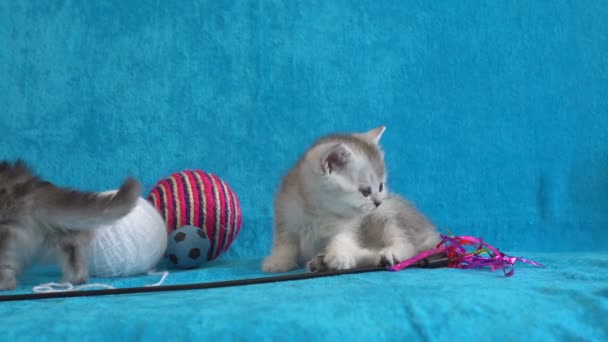
Is It Okay For Newborn Kittens To Twitch In Their Sleep - newborn kittens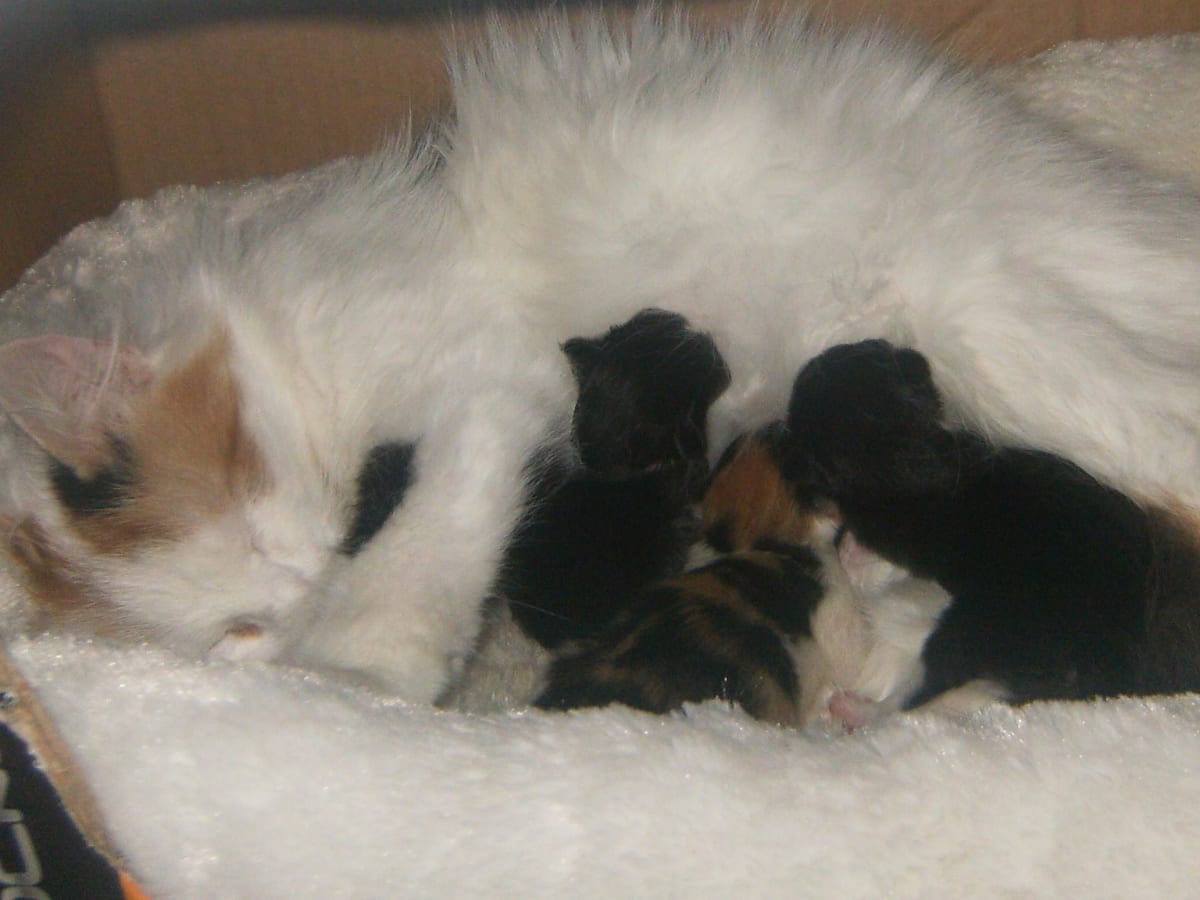
Newborn Kittens: What You Need to Know - PetHelpful - By fellow animal lovers and experts:max_bytes(150000):strip_icc()/172821696-56a111da3df78cafdaa91877.jpg)
Is It Okay For Newborn Kittens To Twitch In Their Sleep - newborn kittens
Newborn Kitten Care | Ask The Cat Doctor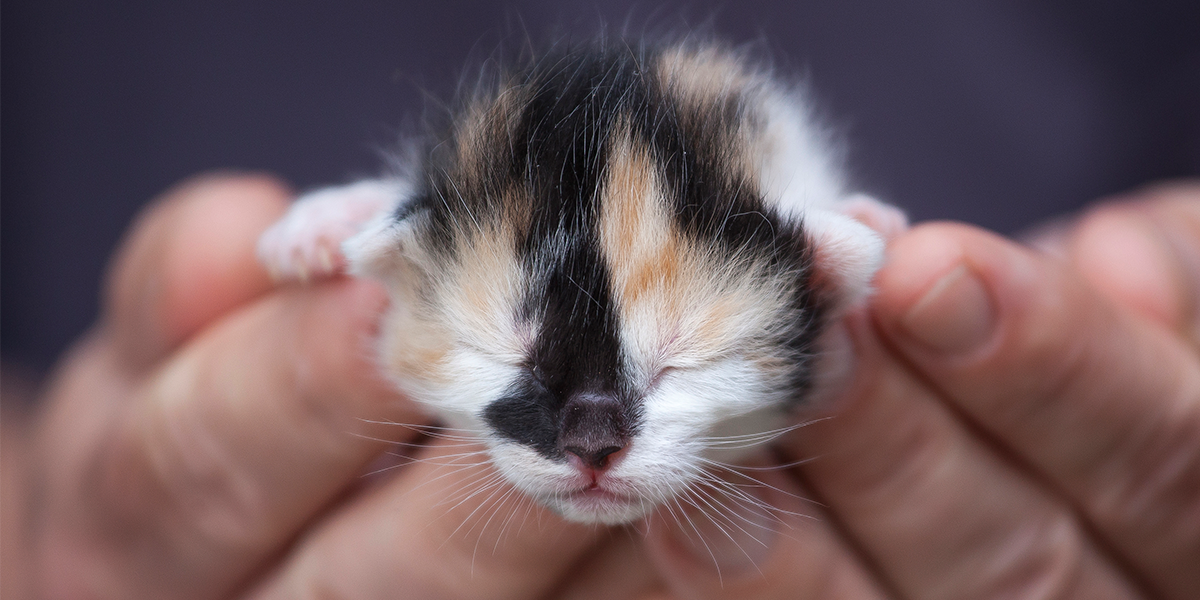
Kitten deaths (Fading Kittens) | International Cat Care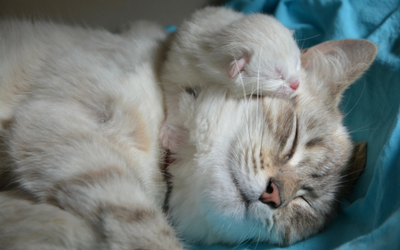
Raising Kittens | VCA Animal Hospital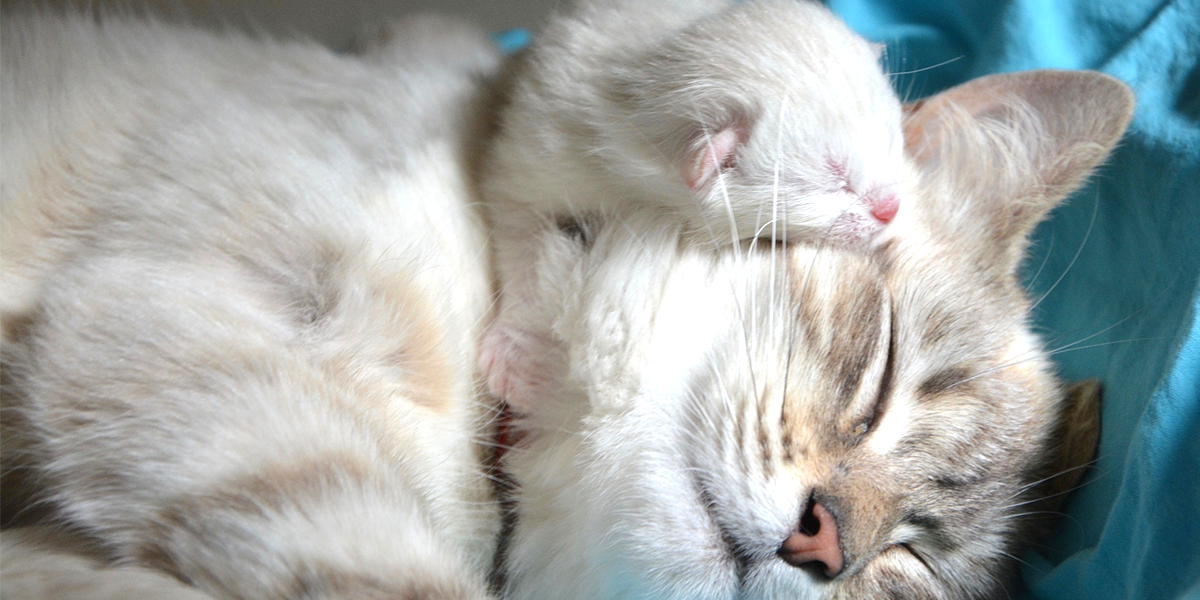
Difficult cat birth: when to wait and when to worry | International Cat Care/germany-newborn-kittens-sleeping-on-blanket-close-up-140882478-57d961f43df78c583396727b.jpg)
Kitten Development from Newborn to One Week:max_bytes(150000):strip_icc()/GettyImages-669104280-59b45181b501e80014af40bc.jpg)
Is It Okay For Newborn Kittens To Twitch In Their Sleep - newborn kittens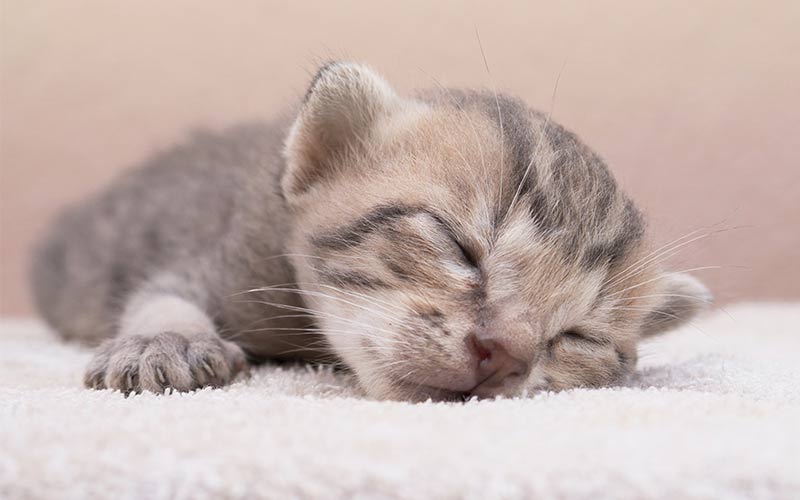
Newborn Kittens - A Complete Guide To Their Care And Development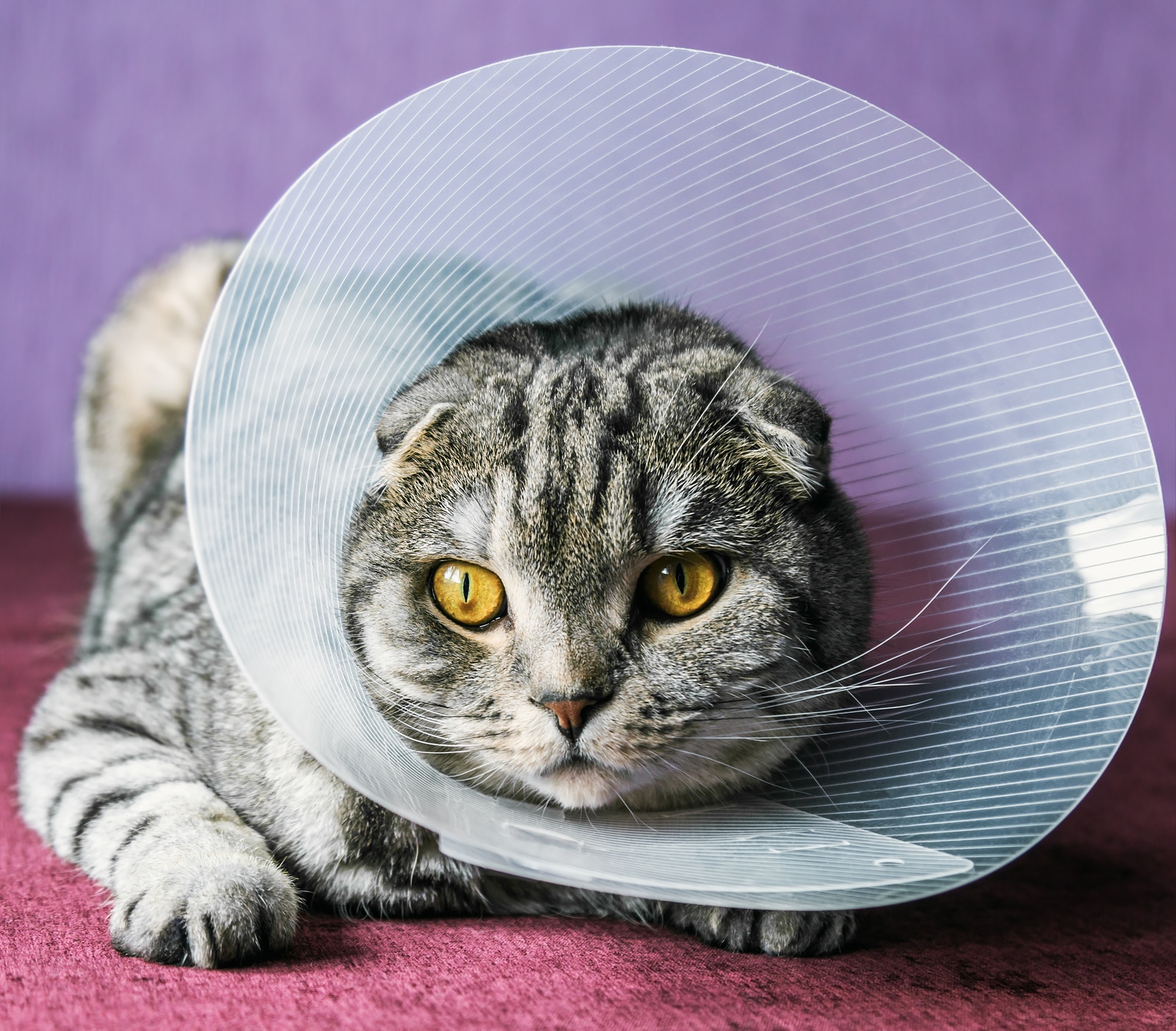
How to Care for a Sick Kitten | Hill's Pet/kitten-looking-at-camera-521981437-57d840213df78c583374be3b.jpg)
Your Kitten's Development During the First Six Weeks
How will a cat react if I touch its kittens? - Quora
Orphaned Kittens - ALLEY CAT RESCUE
Kitten Found on Roadside Makes Incredible Transformation! - Love Meow | Cats and kittens, Cat lovers, Cute cats photos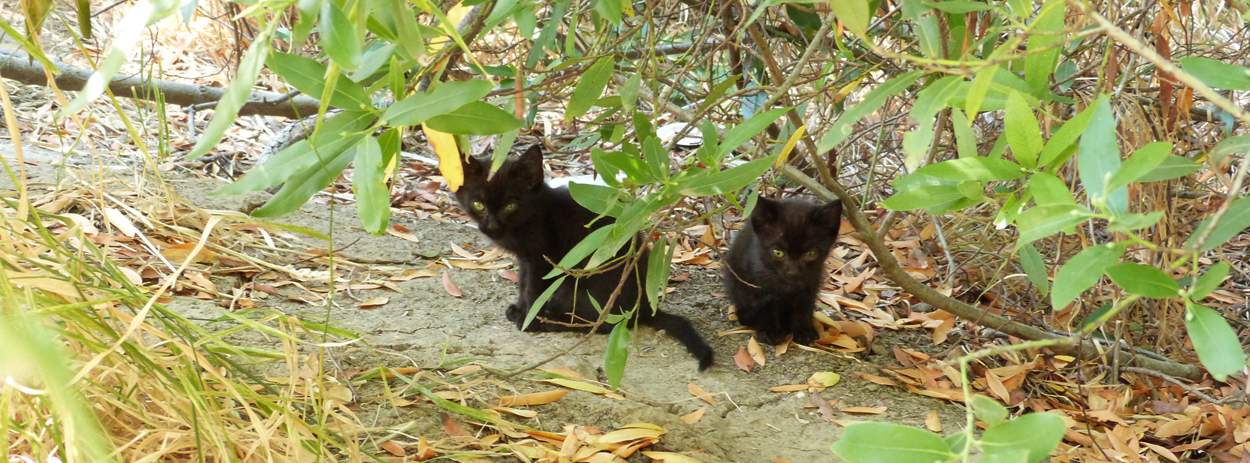
Orphaned Kitten Care - Napa Humane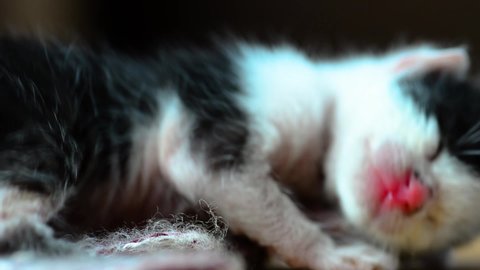
Is It Okay For Newborn Kittens To Twitch In Their Sleep - newborn kittens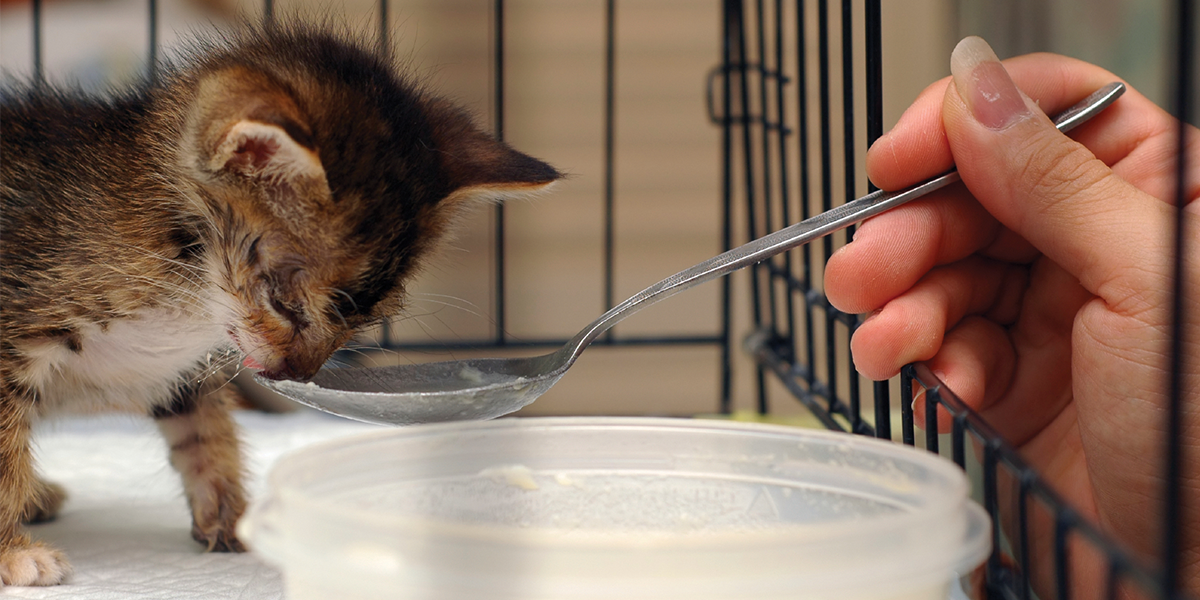
Hand-rearing kittens | International Cat Care
Newborn Kitten Care | Ask The Cat Doctor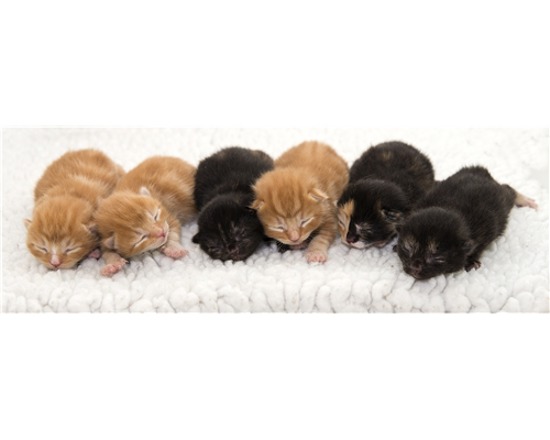
After birth | Advice on cat birthing and kittens | Cats Protection
Our 15 Favorite Facts About Kittens | BASEPAWS Kittens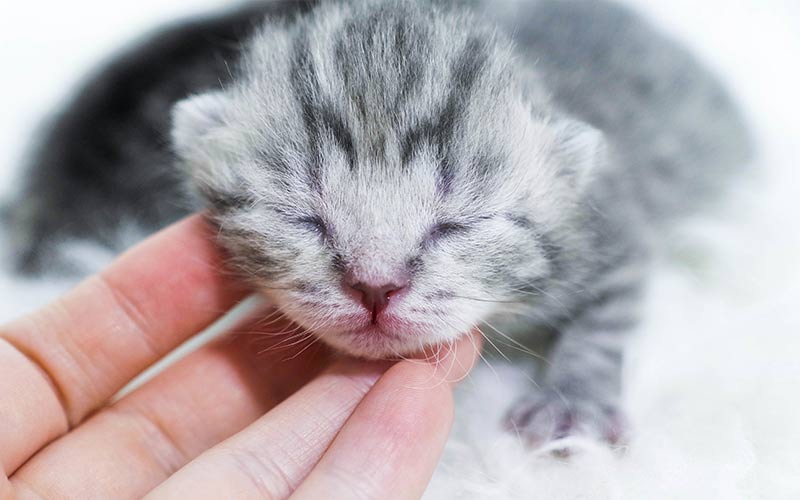
Newborn Kittens - A Complete Guide To Their Care And Development
Newborn kittens cry when mom is away - YouTube
9 Fun Facts about Feline Sleep | The Honest Kitchen Blog/Kitten-GettyImages-535429254-58fae68d5f9b581d59a1466e.jpg)
How to Treat Fading Kitten Syndrome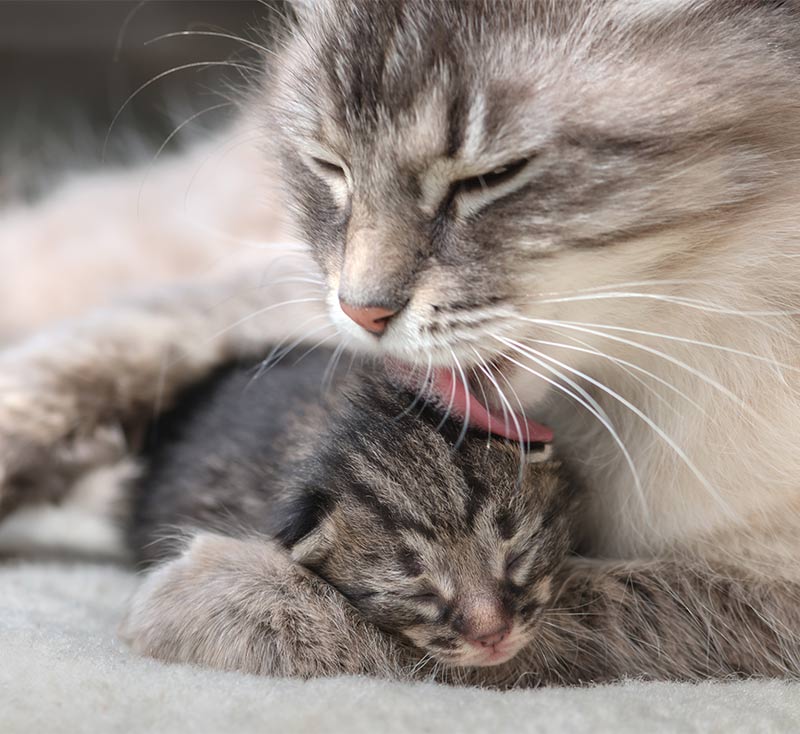
Is It Okay For Newborn Kittens To Twitch In Their Sleep - newborn kittens
Newborn Kittens: What You Need to Know - PetHelpful - By fellow animal lovers and experts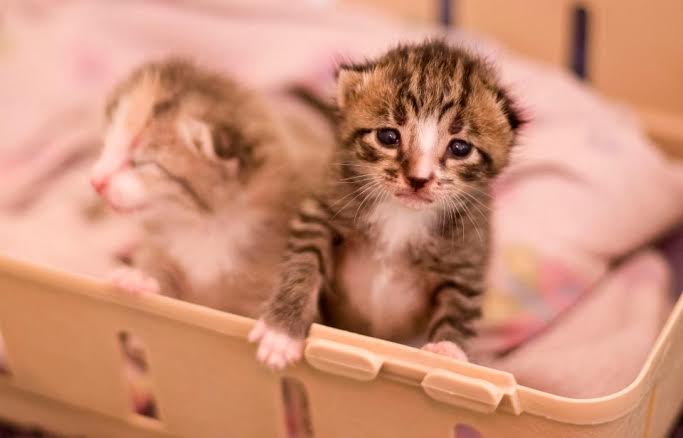
10 Crucial Steps to take to Save an Abandoned Newborn Kitten
Kitten Care: The First Three Months | Cat Care of Vinings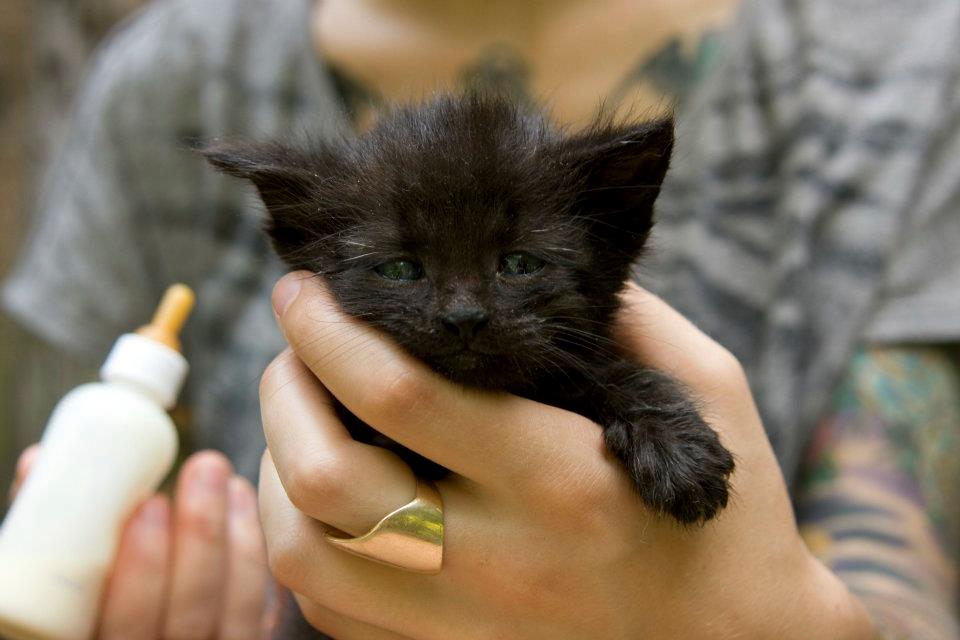
10 Crucial Steps to take to Save an Abandoned Newborn Kitten
Why does my kitten twitch? - Quora
How to Care for a Sick Kitten | Hill's Pet
Hand rearing kittens - PDSA
Newborn Kittens: What You Need to Know - PetHelpful - By fellow animal lovers and experts
How to Monitor Newborn Kitten Growth: 12 Steps (with Pictures)
Cat communication - Wikipedia
 Is It Okay For Newborn Kittens To Twitch In Their Sleep - newborn kittens
Is It Okay For Newborn Kittens To Twitch In Their Sleep - newborn kittens

/post-natal-cat-care-555416_V3-de29216d84b04323bad29f898a976578.png)



:max_bytes(150000):strip_icc()/172821696-56a111da3df78cafdaa91877.jpg)



/germany-newborn-kittens-sleeping-on-blanket-close-up-140882478-57d961f43df78c583396727b.jpg)
:max_bytes(150000):strip_icc()/GettyImages-669104280-59b45181b501e80014af40bc.jpg)


/kitten-looking-at-camera-521981437-57d840213df78c583374be3b.jpg)










/Kitten-GettyImages-535429254-58fae68d5f9b581d59a1466e.jpg)










Posting Komentar untuk "why is my newborn kitten twitching"